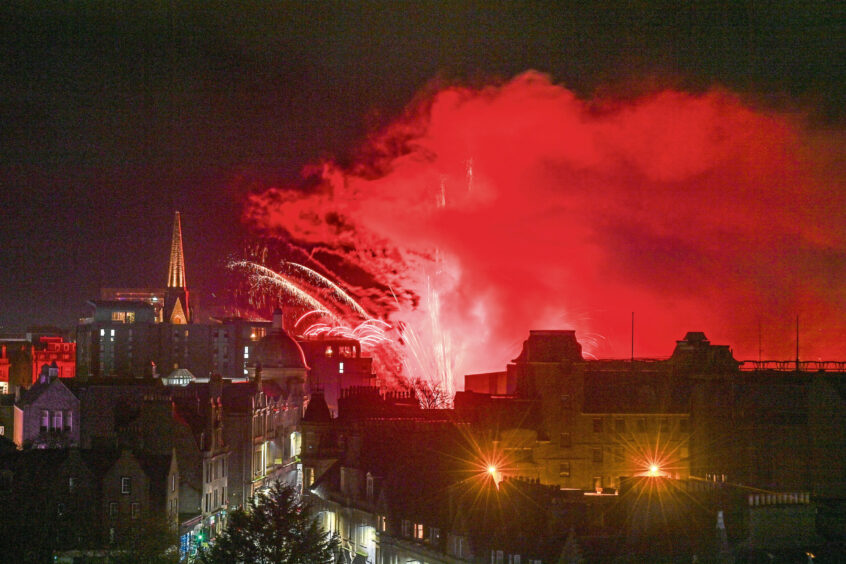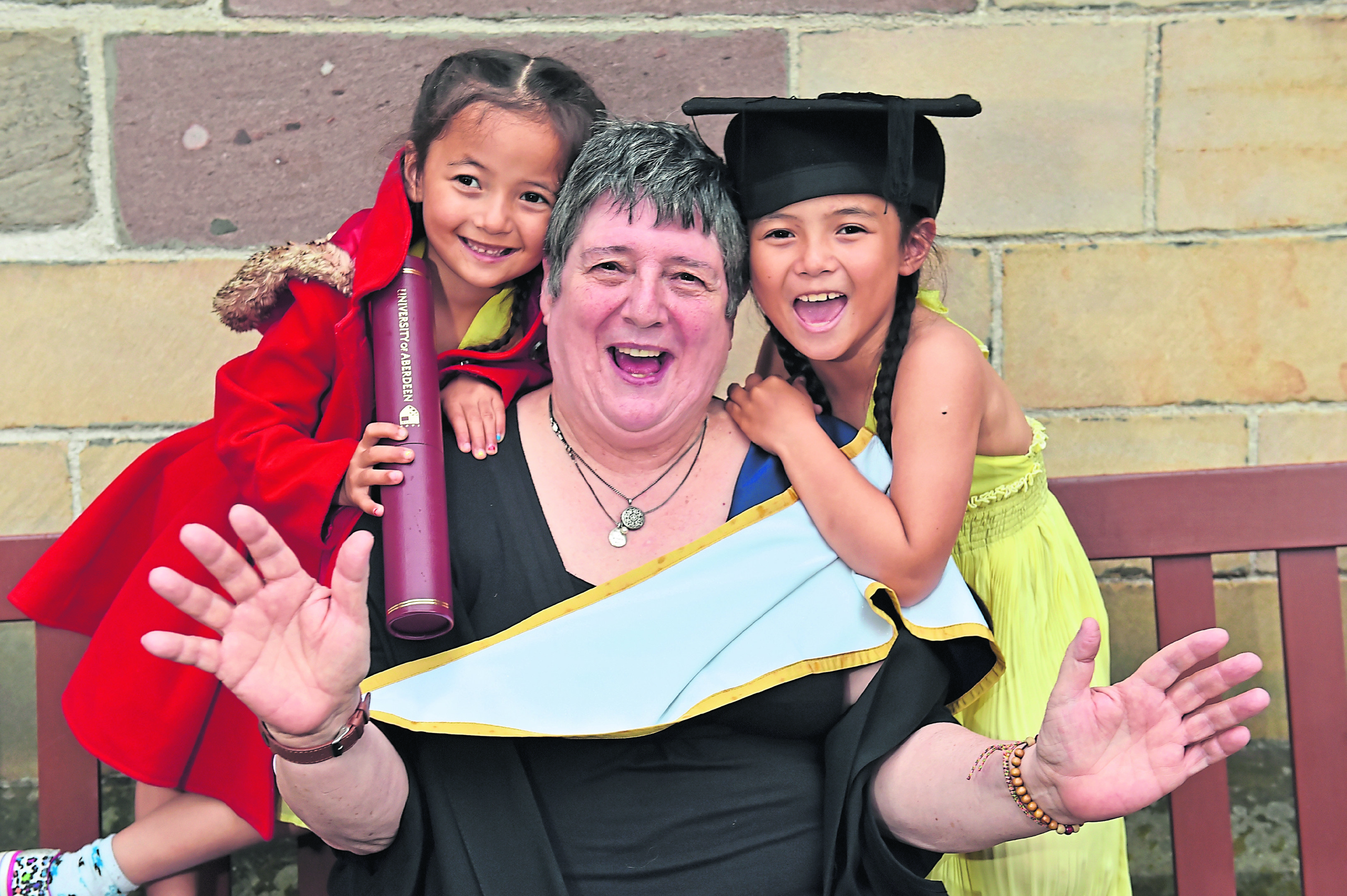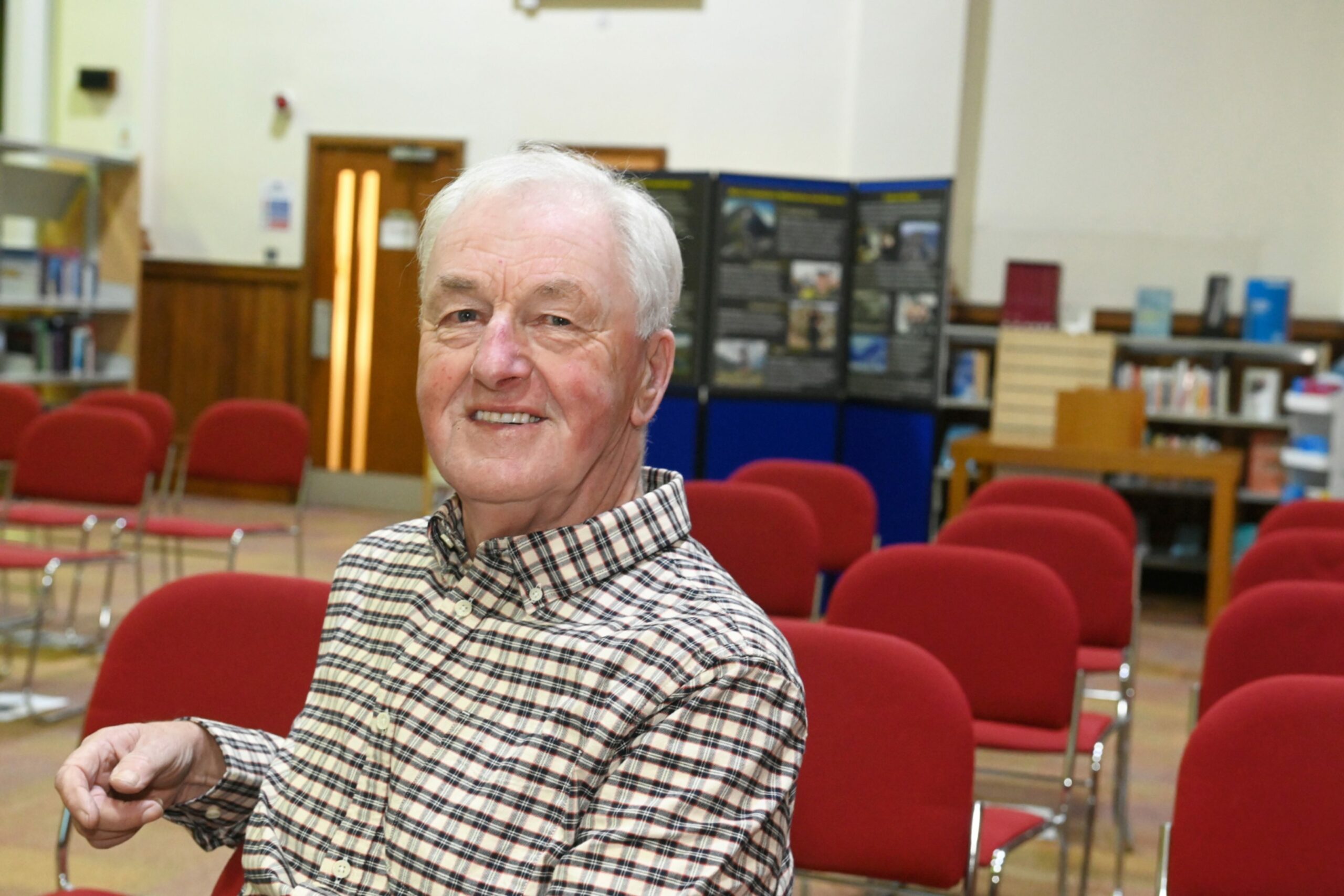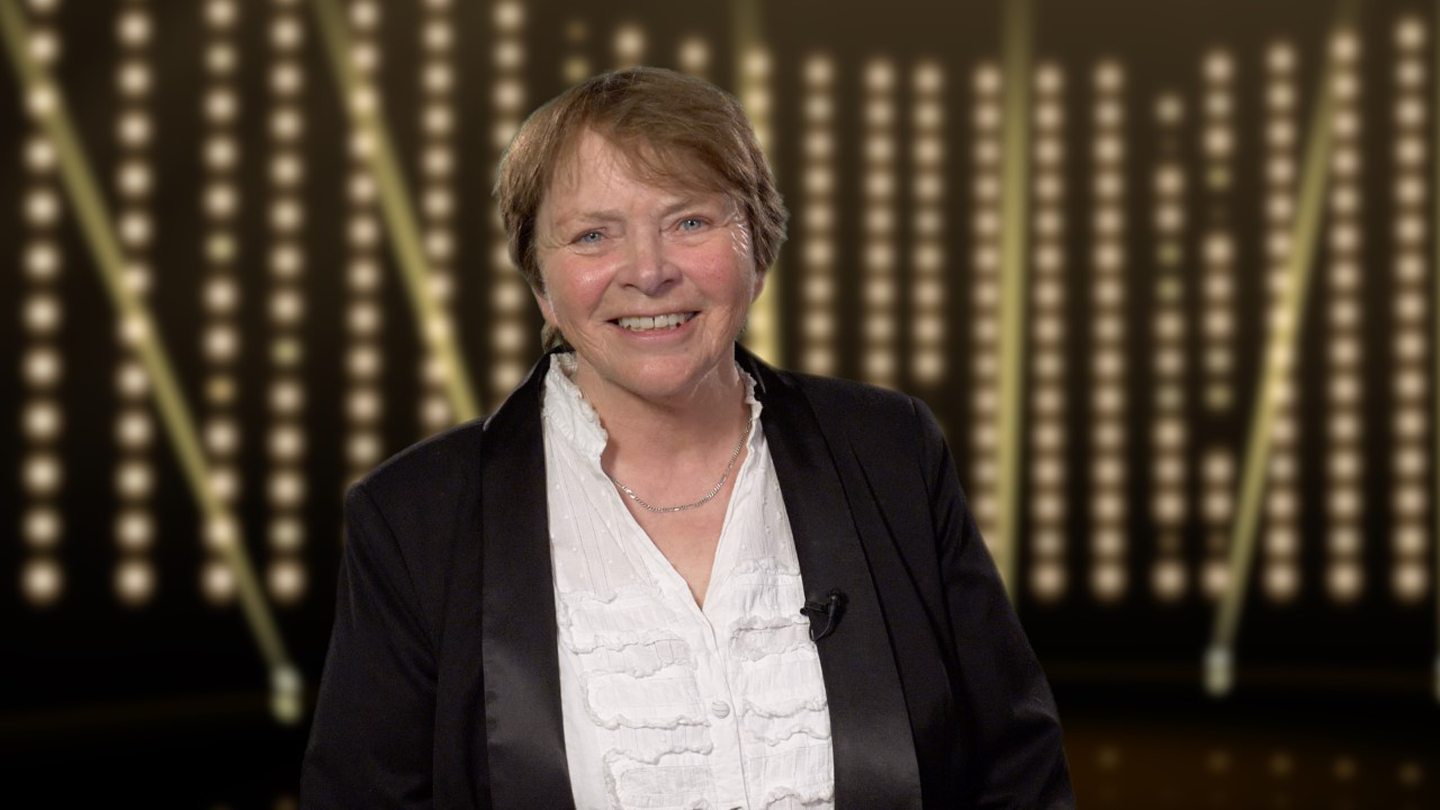
There used to be a frenzy of activity in the days leading up to the big event.
It led to copious amounts of food and drink being purchased every year; families making plans to hook up from all over the world; and hard-working women trying their best to give their homes a thorough cleaning, because nobody ever wanted to hear the dread phrase: “She keeps a dirty house” (However sexist that may sound to us).
Yet this wasn’t how most families prepared for Christmas 50, 60, 70 years ago from Aberdeen to Airdrie and Fort William to Falkirk or certainly not if you were from a working-class background. No, this was the prelude to Hogmanay, that very Scottish tradition which involved whole streets and communities coming together to usher in the New Year with the mother of all hootenannies to ring out the old.
The Broons and Oor Wullie cartoon strips captured many aspects of the occasion perfectly. The ceilidhs, the first-footing – arriving at a neighbour’s house with a piece of coal and a dram – and the sight of dinner tables packed with black bun, shortbread and cherry cake, all kept under wraps until “the bells” sounded at midnight.
That evening, for so many, was the one time they let their hair down or indulged in an alcoholic drink. Christmas, in comparison, was regarded as an “English” event.
Excitement over the New Year
The latter attitude isn’t as strange as you might imagine. In the 1960s and 1970s, tens of thousands of Scots worked on December 25 and I still recall my father shouting “Merry Christmas” up the stairs to my sister and I before he left to catch the bus at 6.45am.
Trains ran almost a normal service, post offices remained open and, while children could get excited about what might be in their festive stocking, the whole gift-and-glitter-wrapped commercial experience we have nowadays simply didn’t happen.
Instead, the carousing and revelry was reserved for the following week; a point reinforced by Sheena Blackhall, the Queen of Doric, who spoke vividly about her memories of New Year and how much excitement it sparked.
Enough alcohol to fill a brewery
She said: “My granny was born in the 1880s and, when I was wee, she lived with us. As matriarch, her customs were our customs. Christmas passed, virtually unnoticed.
“But Hogmanay was huge. Days before, granny had us cleaning the house to meet the New Year. Fresh clothes were laid out to put on, and baths were had. The lum had to be cleaned – illegally, there was no paying a sweep – and father stuffed papers up the lum and set fire to it.
“The effect was like giving a massive dose of syrup of figs to clear constipation, and had to be done in the dark, so burning soot didn’t ruin the neighbours’ washing.
“Scotch meat loaf was cooked, there was black bun, shortbread and sausage rolls. Dad was TT [teetotal], but, as a bus manager, was often given presents, usually alcoholic.
“He had enough [bottles of drink] under lock and key to open a small brewery. My parents were over 40 when I was born, so the ruminations were usually doleful. ‘I winner if we’ll aa be here next year,’ they would intone.
“I was shoved out through the front door till the chimes rang twelve, because I had black hair. So did my dad, but he was bald. Mother’s excuse was her hair was greying.
The first foot had to have dark hair
“The front door was opened to let the New Year in, and the back door was opened to let the Old Year out. A fair-haired person as first foot brought bad luck (harking back to the days when a fair-haired visitor might be a Viking who wanted to rape and pillage.)
“These first footers brought a lump of coal or a tin of shortbread. An old rhyme granny knew went like this:
“Rise up auld wife and shakk yer feathers
“Dinna think that we are beggars
“We’re only bairnies come tae play
“Rise up an gies oor Hogmanay”.
In the 2020s, it’s unusual if people are on even a nodding acquaintance with most of their neighbours. But in the 1960s, there was a close connection between those who lived in council houses, in tenements and high-rise flats.
It didn’t mean life was better. Indeed, as north-east author and playwright, Mike Gibb, told the Press & Journal, there were aspects of the old days he definitely doesn’t miss.
Whisky was expensive
He said: “I remember back when my mum would clean the house from top to bottom and then cook and bake for days in advance to get ready for the influx of ‘first fitters’.
“My dad’s contribution seemed largely to be saving up to buy a bottle of whisky. That may seem strange, but back in the 60s, a bottle of basic blended whisky cost over £2 while the average weekly wage was £14.
“So the equivalent today would be over £100 a bottle.
“Hogmanay always seemed to begin in the same fashion with a friend of my mother, a single woman who seldom drunk, starting on the vodka and orange – a disgusting combination – at about 6pm and ending up in bed before the bells rang out.
“Why I continued to look forward to the night in my late teenage years I will never know, tramping around the town, usually in the rain, sleet or snow, to end up in someone’s auntie’s house, drinking alcohol you hated, but had to pour down your throat to show you were a man, and eating that strange combination of fruit cake and cheese.
“And all with the thought that you would have to walk all the way home at five in the morning with a grim hangover to look forward to the following day.”
Culture has changed
First footing is pretty much a thing of the past and the culture has changed from those celebrating Hogmanay at home to friends and family attending organised events, such as concerts or ceilidhs in hotels and city centre locations.
Many still relish Hogmanay, but there’s hardly the same frisson of anticipation as when Frieda Morrison, the chairwoman of the Doric Board, was a child.
She said: “We got our presents on New Year’s day and I remember the parties and everyone doing their pieces. Andy Stewart songs were the favourite. On January 1, a group of turkey owners gathered at the local bake house in my home village of Portknockie – waiting inside and watching their turkeys going round inside the oven.
“It wasn’t turned off over the two days – so the village turkeys got cooked.
“Mannies exchanged wee nip glasses o sherry and whiskey – and wished abidy a happy new year. I remember the feeling of community and a sense of excitement and anticipation of the big feast that was yet to come.
“Some folk in the village widna let folk in to first foot until one of my family came because we were regarded as being lucky. I’m not sure why, but I think someone won the bingo not long after one of us first footed.”
Times have changed a lot
As Flower of Scotland has it: “These times are past now and, in the past, they must remain”. The world has moved on.
And, as Mike Gibb, whose new book I Had Never Heard a City Cry Before, is now on sale said: “It looked as if we would always be able to go out to other people’s houses once the kids had left home, but that never seemed to happen as the whole first footing tradition began to die out.
“Or perhaps my wife and I just grew old. Nowadays, Hogmanay comprises of a Dine for Two meal, a bottle of wine and, as the witching hour approaches, a request to ‘pass the TV remote control”.
He won’t be the only one doing that tomorrow if it offers an escape from Jools Holland!



